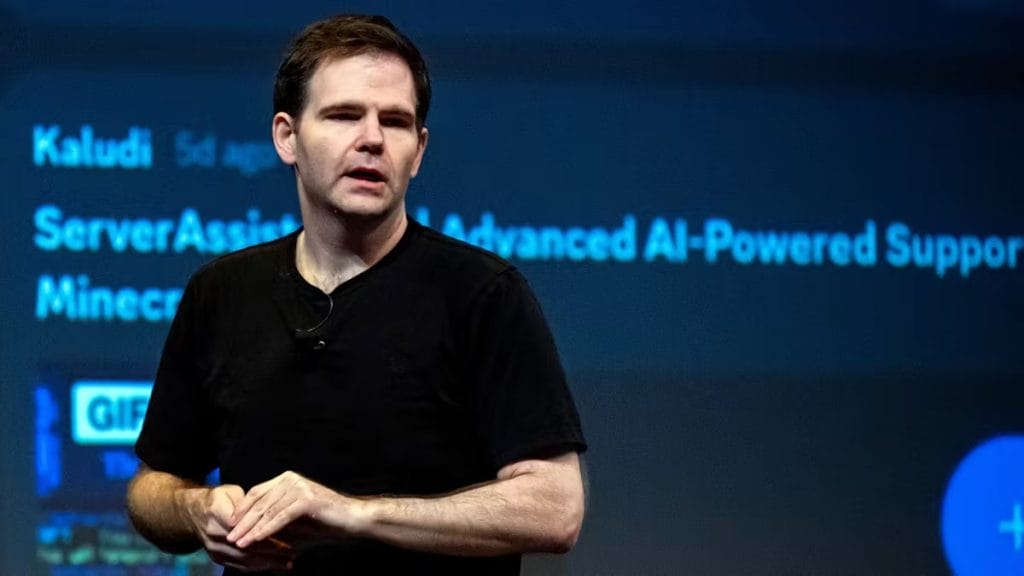New Delhi: Groq, a startup that makes chips designed to speed up generative AI models, has raised $640 million in a new funding round led by Blackrock. Other investors like Neuberger Berman, Type One Ventures, Cisco, KDDI, and Samsung Catalyst Fund also took part. This round brings Groq’s total funding to over $1 billion and values the company at $2.8 billion, up from around $1 billion in April 2021, when it last raised money. Originally, Groq was aiming to raise $300 million at a valuation of $2.5 billion, so this new round is a big win for the company.
Groq also announced that Yann LeCun, Meta’s chief AI scientist, will be joining as a technical advisor, and Stuart Pann, a former Intel executive, will become the company’s chief operating officer. LeCun’s involvement is especially interesting because Meta has its own AI chip projects, but his expertise could give Groq a strong advantage in the competitive AI chip market.
Groq, which was founded in 2016, is known for its unique Language Processing Unit (LPU) inference engine. The company claims these LPUs can run AI models, like those similar to OpenAI’s ChatGPT, up to ten times faster and with much less energy than traditional processors.
Jonathan Ross, Groq’s CEO, who helped create Google’s Tensor Processing Unit (TPU), co-founded the company with Douglas Wightman, a former engineer at Alphabet’s X lab. Groq offers a platform called GroqCloud, where developers can use models like Meta’s Llama 3.1, Google’s Gemma, and others. GroqCloud, which also has an API for using Groq’s chips in the cloud, has grown to over 356,000 developers. Some of the new funds will be used to expand GroqCloud and add more models and features.
Groq is competing in a tough market dominated by Nvidia, which controls 70% to 95% of the AI chip market. Nvidia is moving quickly, planning to release new AI chip designs every year and creating a new business unit to focus on custom chips.
Groq also competes with Amazon, Google, and Microsoft, which are developing their own AI chips for cloud computing. Other competitors include companies like Arm, Intel, AMD, and several startups, as the AI chip market is expected to reach $400 billion in annual sales in the next five years.
To stand out, Groq is building partnerships with businesses and government agencies. In March, Groq bought Definitive Intelligence to create a new business unit, Groq Systems, aimed at serving organizations like U.S. government agencies. Groq has also partnered with IT contractor Carahsoft and plans to install its chips at a European firm’s datacenter in Norway. Additionally, Groq is working with Saudi Arabia’s Aramco Digital to bring its chips to datacenters in the Middle East.
Groq is also working on its next-generation chip, partnering with Samsung’s foundry to make 4nm LPUs, which are expected to be faster and more efficient than its current chips. The company aims to have over 108,000 LPUs deployed by the end of Q1 2025.





